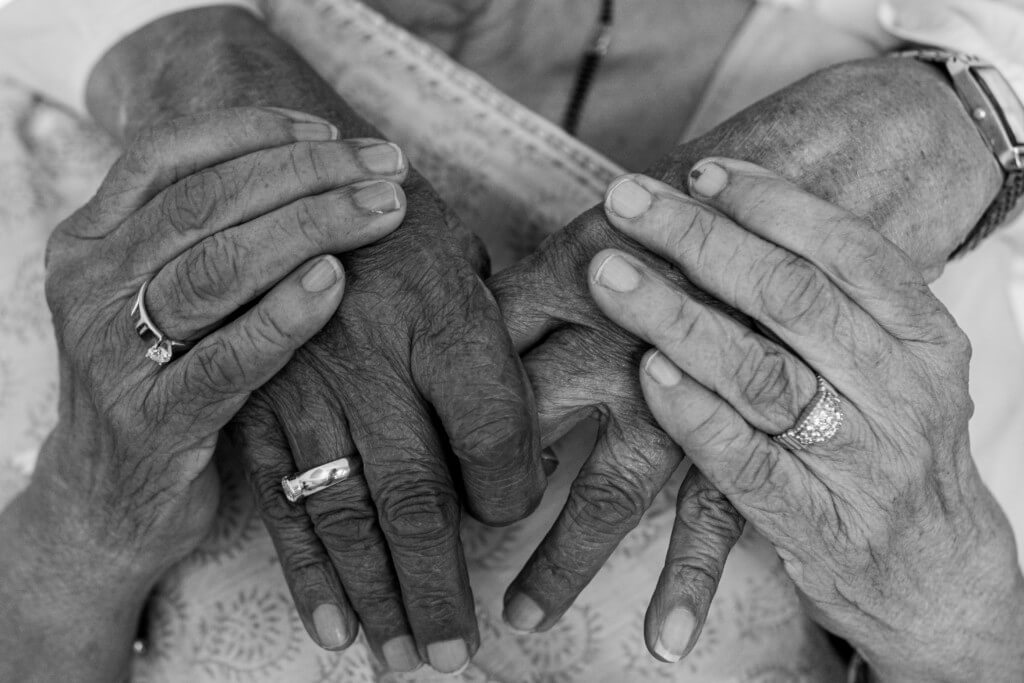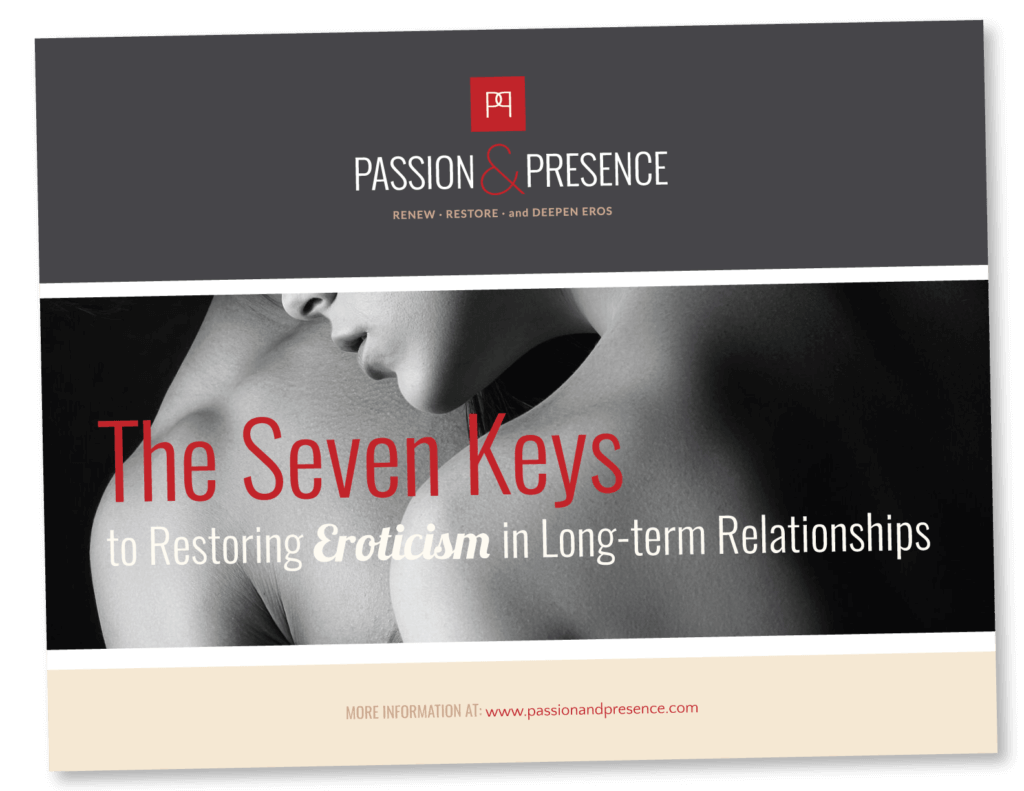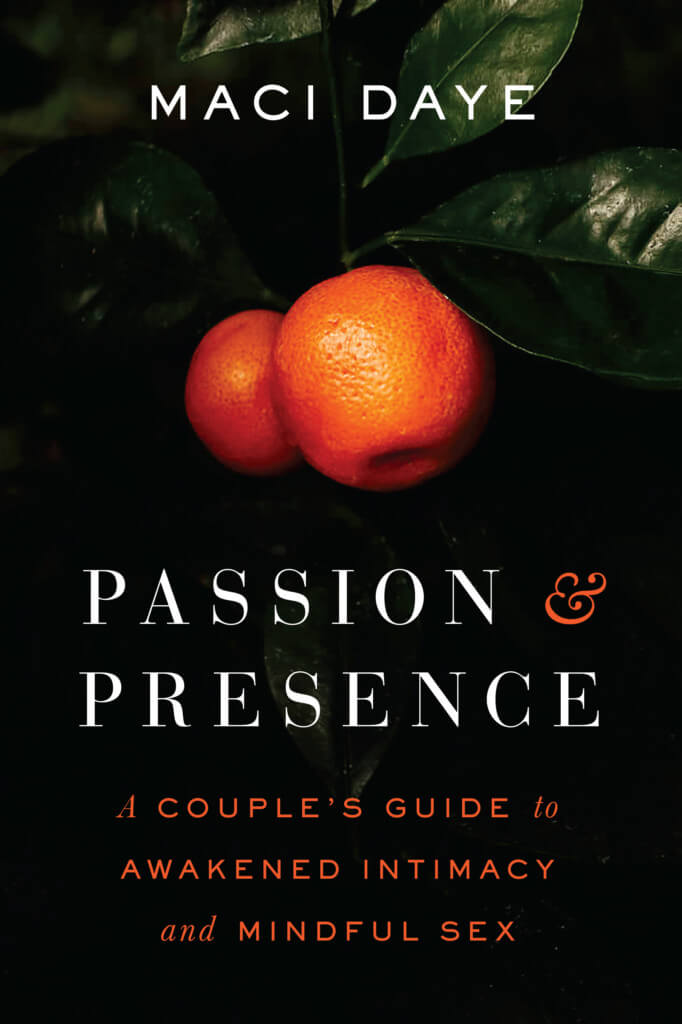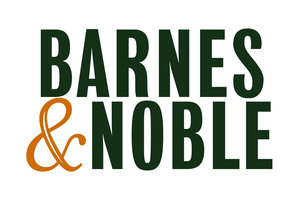Here at Passion and Presence, we are well aware that the coronavirus pandemic is a global concern. All of us are facing mounds of uncertainty regarding travel, health, economic well-being, and daily life. In Spain, where Halko and I live, everything but grocery stores, pharmacies, and a few businesses are closing, and residents must stay indoors.
No one can say how long we will be in lockdown mode, nor when we can safely resume life as we know it. The best we can do is to stay informed and cultivate a resilient mindset.
The measures we are being asked to take now to slow the progression of the pandemic may extend into the foreseeable future. However, this possibility is not all “bad news.” We now have to think and act outside of the box.
In so doing, we may discover that it is more rewarding to adjust our patterns than continuing with “business as usual.” Some say reductions in carbon dioxide emissions from travel restrictions will help reverse climate change. Another great side effect is that compassion is going viral in the face of COVID-19.
Compassionate Side Effects of the Pandemic Are Spreading
Perhaps the most significant side effect of the pandemic is social. In a heartening 10-minute TED talk, the author Jeremy Rifkin explains that when we feel other people’s vulnerability and join with their suffering, we feel a connection with them. He credits digital communications with helping us change our focus from “me” to “us,” which makes us a more compassionate civilization.
In this epoch of social distancing, we can paradoxically feel a sense of belonging by realizing that people of all ages, religions, and cultural backgrounds are feeling the same feelings as we are. Moreover, despite the media’s portrayal of humans as self-serving, primitive, and inclined toward violence, the majority of us are behaving exactly the opposite to that, claims journalist Rutger Bregman. There’s plenty of evidence to support Bregman’s claim.
Voices of unity are singing from the balconies of Italy, Wuhan, and Iran. Throughout the world, young people are helping high-risk groups in myriad ways, such as purchasing their groceries and running errands for them. Graffiti is proliferating with messages of encouragement in many communities. In the UK and Australia, postcards left on doorsteps bear the words, “Hello! If you are self-isolating, I can help.” And healthcare workers cum-modern-day heroes are putting others before themselves day after day.
A Dawning of Compassionate Awareness for Ourselves and Others
For these reasons, the coronavirus may bring about a dawning of awareness of our dependence, community, and solidarity, says Bregman. Of course, feeling our feelings is essential also. We can’t pretend we are fine when we aren’t. None of us can be strong in the face of personal loss and fiscal uncertainty ongoingly.
Becoming numb and shutting down is as dangerous to our health as is going into mass hysteria. Sometimes, we need to surrender to our sadness, particularly in the face of so much suffering. We have to let our hearts open to the poor, elderly, and disenfranchised members of our society who are most vulnerable right now, particularly people who live at shelters where social distancing is impossible.
If we have full bellies, warm bodies, and the care of family and friends, we are privileged. We can take time to appreciate what we have while lending a hand to those less fortunate than ourselves.
As yet another example of how compassion is going viral in the face of COVID-19, Heather Hurlock encourages us to call neighbors and send love notes to retirement homes or hospitals.
There has been an avalanche of free concerts, music, art, and books from individuals and institutions far and wide to help support mind, body, and spirit, which I am sharing on my Passion and Presence Facebook page.
We can also practice traditional compassion practices toward others and ourselves by repeating the words, “May you be safe, May you be healthy, May you feel love.” Better yet, come up with phrases that will give you solace during disquieting moments.
Sometimes it takes a crisis to show us who we are. As we feel the full spectrum of responses to COVID-19, we can take heart in knowing that human generosity is stronger than ever.
So, what is it that you feel inspired to do to be part of that dawn of compassionate awareness?
Warmly,
Maci
